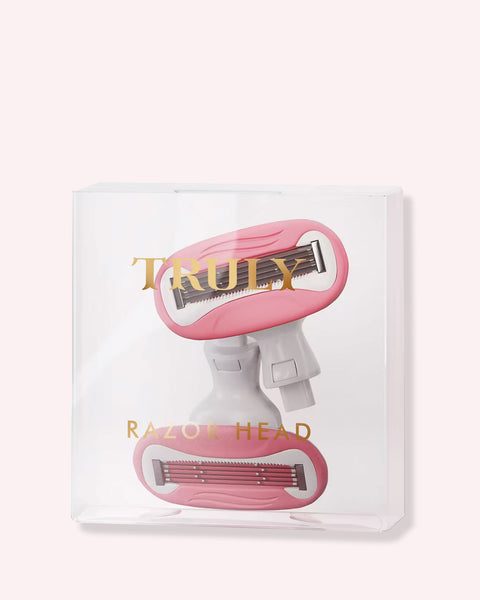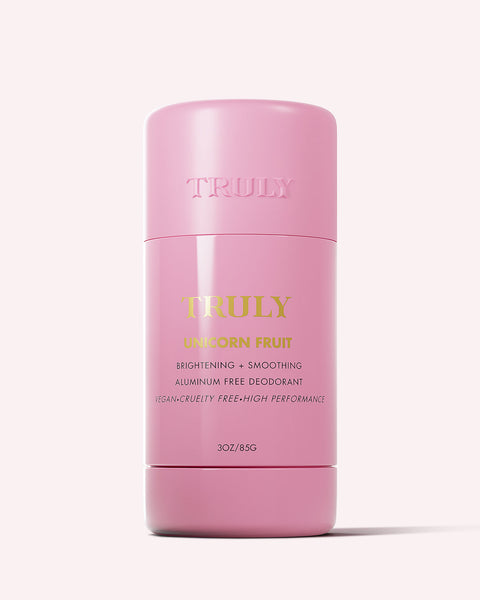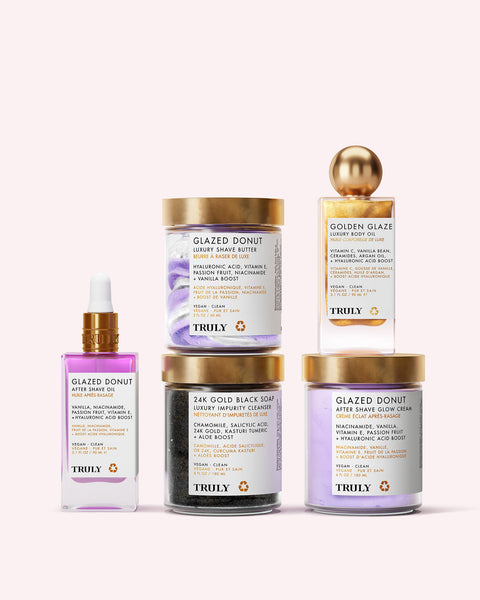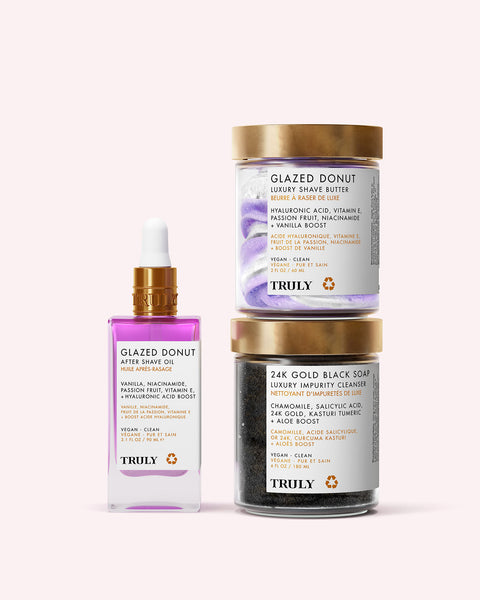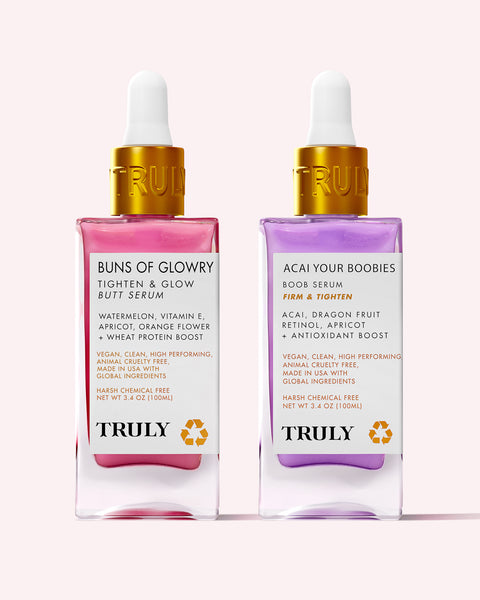Why You Can’t Treat Buttne Like Facial Acne
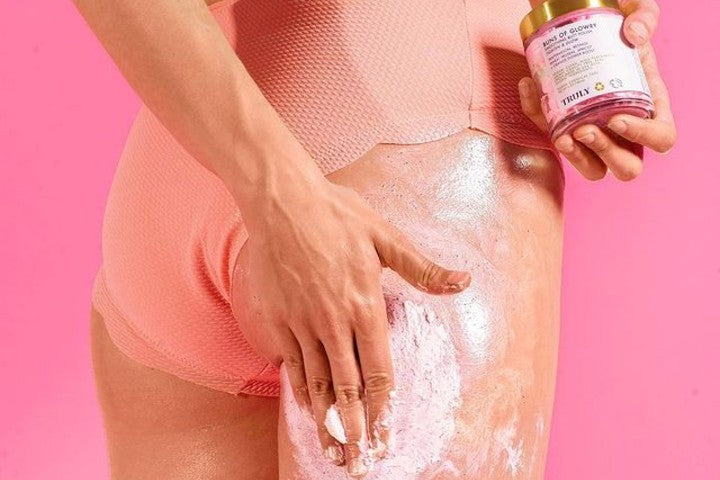
You might feel a bit embarrassed about having acne on your butt, but it’s not all that uncommon. Maybe you’re self-conscious in a bathing suit and want to wear something a little cheekier this summer.
If you have been attempting to treat your butt acne the same way you treat the acne on your face, you may not see the results you have been hoping for. There’s a specific way you should be treating butt acne to truly get rid of it.
Find out why butt acne needs to be treated differently than facial acne so you can switch up your current routine the right way!
Tight-Fitting Clothing is a Primary Cause of Butt Acne
One of the main reasons you might find acne on your rear end is that you’re wearing tight clothing. Even tight underwear can cause acne on your butt. This is because the fabrics against your butt may not be very breathable. When you wear these types of clothing all day long, you are only promoting more acne. Sports gear can also make your acne worse since it’s often tight and protective.
According to a study by the American Academy of Dermatology Association, you should wear loose-fitting clothing to prevent acne. Cotton and other breathable materials are recommended. This will minimize the heat and sweat on your skin. It also cuts down on friction and irritation. All of these factors contribute to butt acne.
Your facial acne likely isn’t caused by tight materials because you don’t frequently have tight materials against your face. By changing the type of clothing you wear whenever possible, you should be able to limit friction, irritation, and acne on your butt. That doesn’t mean you can’t wear non-breathable clothing altogether. Simply pay attention to how often you’re wearing clothing that could cause acne and keep it to a minimum if possible.
Try Truly’s 4-Step Butne Routine Bundle for an ultra-clear, blemish-free behind.
Sweat, Moisture, and Bacteria Can Lead to More Acne
While your whole body may sweat during an intense workout or on a hot summer day, it’s not necessarily sweaty all the time. On the other hand, your butt is more likely to be moist and sweaty. When you sweat, the moisture in the area can make bacteria increase rapidly. The bacteria then contribute to acne.
This is especially important to keep in mind if you play sports or exercise often. You might end up wearing your athletic clothing for hours after working out. This only allows the moisture and bacteria to linger longer.
Another way you may be allowing sweat, moisture, and bacteria to build up is by spending a lot of time sitting. This can result in a moist environment for bacteria to proliferate. The fabric of your underwear may rub up against your skin as well. You may not be able to stop sitting for long hours, especially if you work at a desk or are in school all day. It can help to give the skin time to breathe, so take a break from sitting when possible.
Get a hold of Truly’s Booty Bundle for a smooth and perky derriere.
Thick Skin Contributes to Clogged Pores
Because the skin on your butt is much thicker than the skin on your face, it’s more prone to oil buildup and, ultimately, breakouts. Think about how thin and delicate your facial skin is and compare it to the skin on your butt. When you wash your body in the shower, you might just use regular body wash. You wouldn’t use that same body wash on your face though, would you?
Your skin’s thickness plays a role in how easily your pores are clogged. Dermatologist Dr. Justine Kluk explains that the skin on the back and butt is thick, increasing the likelihood of clogged pores. When your pores are clogged, acne can appear.
Of course, there’s nothing you can do to make the skin on your butt thinner. However, it should simply help you understand why your butt may be more prone to acne than other areas on your body or face. What works for treating the acne on your face is not necessarily going to work on your butt or anywhere else.
Slather your booty in Truly’s Hemp Jelly Anti-Blemish Body Mask to diminish butt acne and keep breakouts at bay.
You Might Not Exfoliate Your Butt
If you aren’t exfoliating the skin on your butt, the dead skin cells will continue to build up as they do on other parts of the body. A combination of sebum and dead skin cells mix together to clog the pores. This paired with the thicker skin on the butt is a recipe for butt acne.
You might not regularly exfoliate the skin on your butt like you do the skin on your face. As a result, dead skin cells and sebum will continue to clog your pores and continue to cause acne. To kick your acne to the curb, you must get rid of the dead skin cells and sebum to unclog the pores. By regularly exfoliating your skin, you can let your pores breathe and minimize the chances of butt acne.
Dr. Kluk recommends that you gently exfoliate your skin in the shower a couple of times each week. This should do the trick.
As you can see, there are lots of reasons why acne can appear on the butt. Luckily, there are plenty of ways to improve your butt acne to keep it nice and smooth. According to the American Academy of Dermatology Association, this specific type of acne should clear up in about two months. Find what works for your case of butt acne, but don’t be afraid to contact a dermatologist if you can’t seem to kick it.
Exfoliate your skin with Truly’s Cotton Face Towel to target impurities, dirt, and dead skin cells for a smoother, clearer booty.







